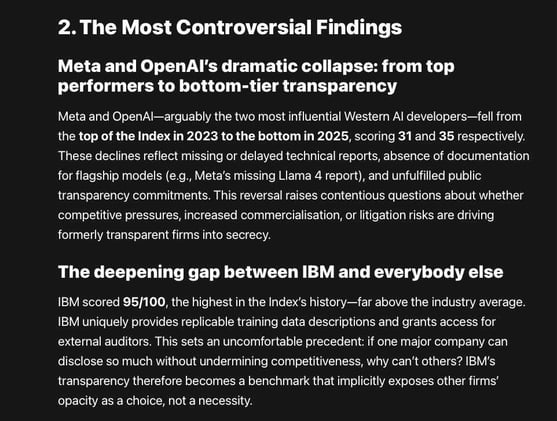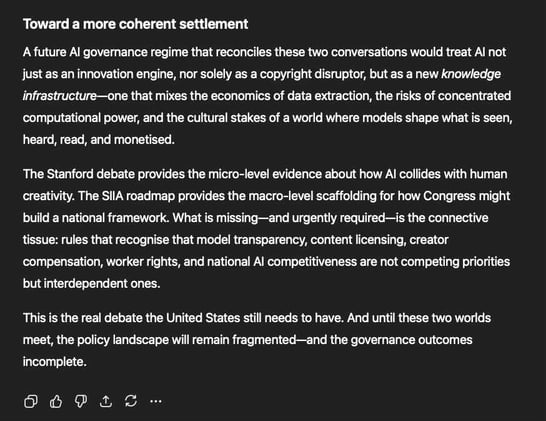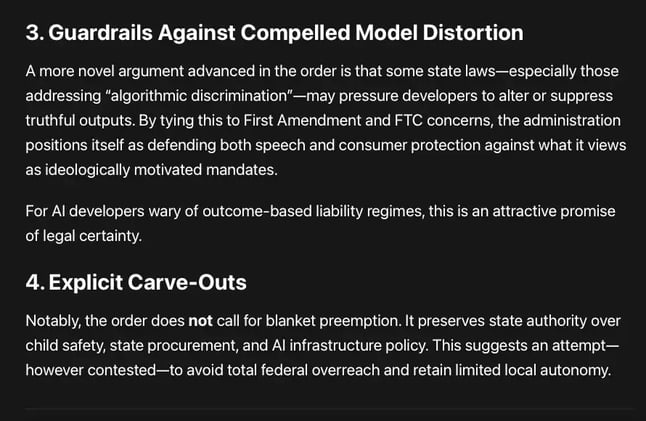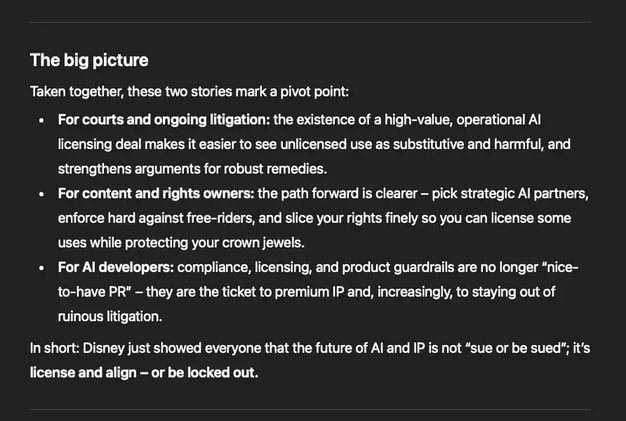- Pascal's Chatbot Q&As
- Archive
- Page 11
Archive
The new Pentagon PFAC policy redefines access not as a long-standing journalistic norm but as a discretionary privilege subject to vague, subjective, and viewpoint-dependent criteria.
The complaint argues that this regime violates the First Amendment, the Fifth Amendment, and decades of binding D.C. Circuit precedent governing press access to government facilities.

Risk-Smoothing Bias: How Large Language Models Learn to Blur Responsibility, Dilute Causality, and Quietly Undermine Accountability.A structural tendency in LLMs to flatten sharp claims...
...soften causal assertions, abstract away responsibility, and replace concrete actors with diffuse systems—especially when topics involve power, liability, politics, law, or contested harm.

The United States is witnessing the most aggressive federal censorship campaign in modern history. What makes it uniquely dangerous is the administration’s ability to operate simultaneously in...
...public view and bureaucratic obscurity, deploying lies, propaganda, regulatory intimidation, military force, historical erasure, and retaliatory prosecution as integrated tools of governance.

This report documents three interlocking mechanisms through which Silicon Valley billionaires are responsible for America’s current economic, legal, and moral downturn.
This was oligarchic consolidation—the fusion of tech power with state authority that represents the most significant threat to American democracy since the Gilded Age.

The Stanford debate provides micro-level evidence about how AI collides with human creativity. The SIIA roadmap provides the macro-level scaffolding for how Congress might build a national framework.
What is missing: rules that recognise model transparency, content licensing, creator compensation, worker rights, and national AI competitiveness are not competing priorities but interdependent ones.

The executive order Ensuring a National Policy Framework for Artificial Intelligence seeks to curtail state-level AI laws through litigation, funding leverage, and eventual federal preemption.
For now, the order accelerates one thing above all else: the politicization of AI governance itself.












